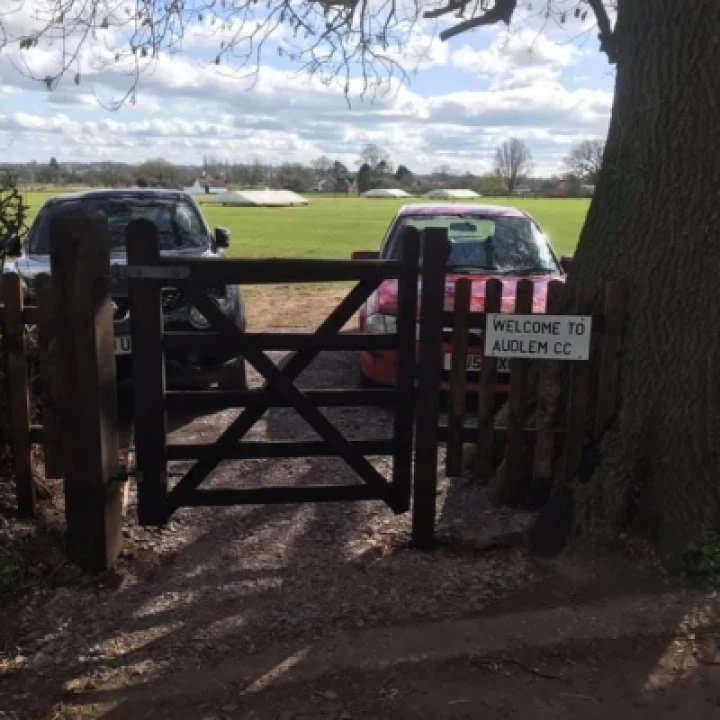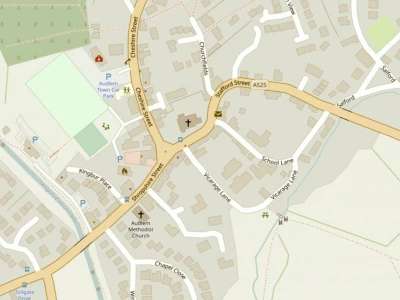







The 21st of October 1805
The Battle of Trafalgar has become a part of the British psyche, even if only the bare bones of the story are known by most of us. It is a tale of innovation, winning against the odds, and heroism; and of course it was a stunning victory that had enormous consequences on our subsequent history. It helps our national myth too that it was a tale of enemy blunder and pride – Villeneuve, the French commander, had learned he was to be replaced shortly, so rushed to sea to engage Nelson before this could happen.
After months of manoeuvring a combined fleet of French and Spanish ships, some 33 vessels in all, met Admiral Lord Nelson's 27-ship fleet off the South West Coast of Spain, near Cape Trafalgar. Not only was Nelson outnumbered, but he was outgunned – he had two 100-gun first raters; Villeneuve had a 136-gunner and two 112-gunners, and the balance of the rest was equally weighted in favour of the Franco-Spanish force.
Standard tactics at that time would see both fleets run past one another in parallel. Nelson, with fewer ships and far fewer guns, chose a different method: he split the enemy line in two places, ruining its formation and communications (not an entirely new idea, having been used by two British contemporaries in two1797 battles).
The ruse worked, though it was dangerous – Victory was under fire for an hour before she was able to return the favour, slight winds meaning the cutting of the line was a slow affair. Not one British ship was lost; 22 of the enemy vessels were sunk, scuttled, burned or taken.
Nelson himself, however, though he lived to see the outcome, did not live to enjoy the glory, though his message "England expects..." and his dying words "God and my country" helped to keep his memory alive. He was shot aboard his flagship Victory by a sniper high in the mast of the French vessel Roudoutable, and died several hours later.
Trafalgar was a vital victory for Britain: Napoleon then held sway over continental Europe, his army all-conquering. Had Nelson lost an invasion of Britain would probably have followed. As it was French naval morale was destroyed along with much of the fleet. Britain had time to prepare better for land war, and her fleets would rule the seas for years to come.
This article is from our news archive. As a result pictures or videos originally associated with it may have been removed and some of the content may no longer be accurate or relevant.
Get In Touch
AudlemOnline is powered by our active community.
Please send us your news and views using the button below:
Email: editor@audlem.org


